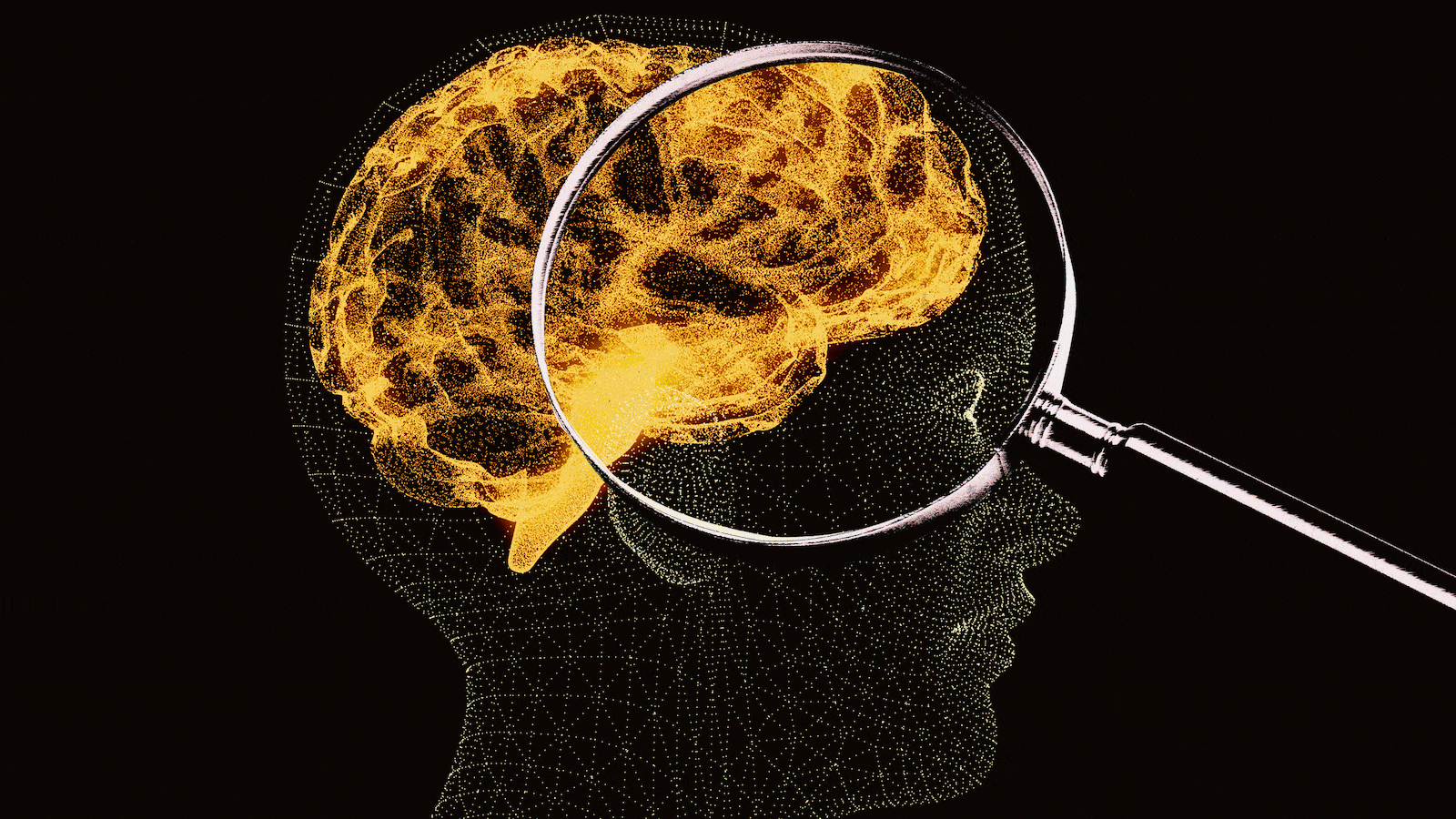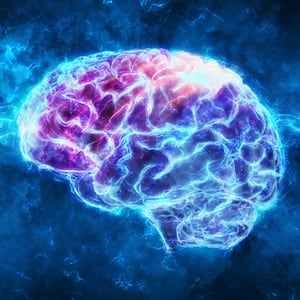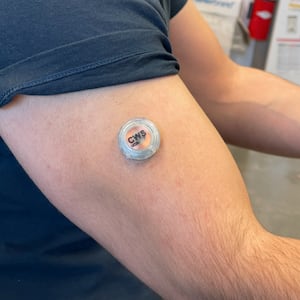At least 27.5 million Americans say they’ve struggled with a substance use issue at some point in their lives. Though 75 percent of people with addiction eventually recover, we still don’t have treatments that can effectively and successfully root out addiction in the brain more permanently to prevent relapse.
But we’re getting closer to learning how, thanks to… brain injuries, of all things. In a paper published Monday in Nature Medicine, these American and Finnish researchers discovered that certain brain lesions caused by strokes resulted in regular smokers suddenly losing their addiction to nicotine, enabling them to kick the habit permanently. The findings reveal the networks of neurons stretching across the brain that play an important role in governing addiction, offering clues for how we could more effectively treat addiction and substance use disorders, and save countless lives.
“[What this study is] trying to do is draw a line from complex human behaviors we see in addiction—thinking, using, and recovering from the effects of substances—and underlying neuroanatomy of the brain,” Dr. Michael Weaver, an addiction medicine specialist at the University of Texas Health Science Center at Houston, who was not involved in the study, told The Daily Beast. “You can see that if you change the structure of the brain and the anatomy, it can actually change the course of an addiction.”
Brain damage is hardly ever associated with positive things, but the findings presented here aren’t entirely new. Past studies have shown that in a small number of patients, brain lesions due to a stroke or other medical conditions can suddenly end tobacco addiction without any withdrawal symptoms, John Gabrieli, a neuroscientist at MIT’s McGovern Institute for Brain Research, who was not involved in the study, told The Daily Beast in an email.
Uncovering the bizarre curative perks of brain lesions has preoccupied Dr. Juho Joutsa, a neurologist at the University of Turku in Finland and the new paper’s first author, for the past six years. In 2018, he and a group of researchers in the U.S. and Germany found that in patients suffering from parkinsonism—a collection of signs and symptoms that mimic Parkinson’s disease—brain lesions led to a reduction in tremors.
“[When] we studied [those patients], we wanted to see whether you could just look at the lesion locations and define what would be the optimal treatment targets, but we couldn’t,” Joutsa told The Daily Beast. “The lesions were in different spots in the brain and when we looked at their connectivity, we found all these cases where lesions were all over the place were connected to one spot in the thalamus,” the part of the brain that relays sensory and motor signals.
Later on, these findings motivated Joutsa and his colleagues to see whether brain lesions associated with addiction remission were also wired together in some way. The researchers took brain scans of 129 people (mostly men with an average age of 56), all of whom sustained brain lesions via stroke. There were 34 people who met the criteria for smoking remission, meaning they had no further cravings or experienced a relapse, and their brains had lesions in multiple locations. While some people did share similarities in where the brain lesions were, the damage was all over the place.
Mapping out the damage within the brain, however, revealed which brain circuits were affected by the lesions, which included ones previously found to disrupt addiction when damaged, such as the insular cortex deep inside the brain, as well as parts of the frontal lobes involved in emotional regulation.
These same damaged networks that help someone quit smoking cold turkey may also help fight alcohol addiction. Joutsa and his team analyzed brain imaging of 186 patients with brain lesions who completed an alcoholism risk assessment. They found the lesions formed similar circuits to those who quit smoking.
“The finding that the same brain network relates to abolishing smoking alcohol addiction suggests that this network may be more generally important for abolishing multiple kinds of addiction,” said Gabrieli.
While the researchers hope to run much larger studies and look at addiction more broadly (the study didn’t involve people with drug addiction), to see if the circuits they found hold up, Joutsa is hopeful that the new findings may help guide novel therapies for addiction. One such therapy, transcranial magnetic stimulation, which uses an electromagnetic coil to deliver bursts of energy to precise points in the brain, may modulate brain activity in a similar fashion as brain lesions, but that’s yet to be explored, said Joutsa.
“This research is still a couple of steps removed from a doctor like myself being able to talk to a patient and say, ‘Here’s something else that can help,’” said Weaver of UT Health in Houston. “This is more theoretical in approaching the way we think of [addiction]. This will help us get a better idea, a more precise picture of how addiction develops and how it’s forced to be influenced. That may eventually lead us to more precise treatments related to medications and treatments we haven’t even thought of.”








